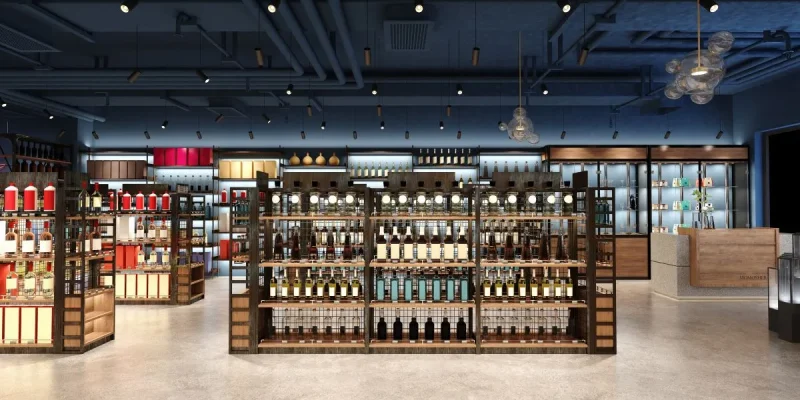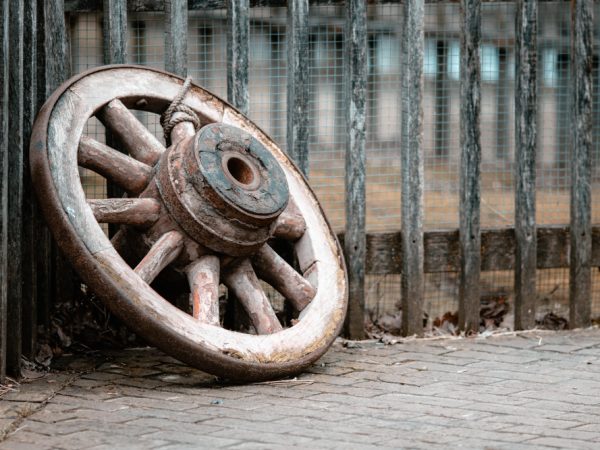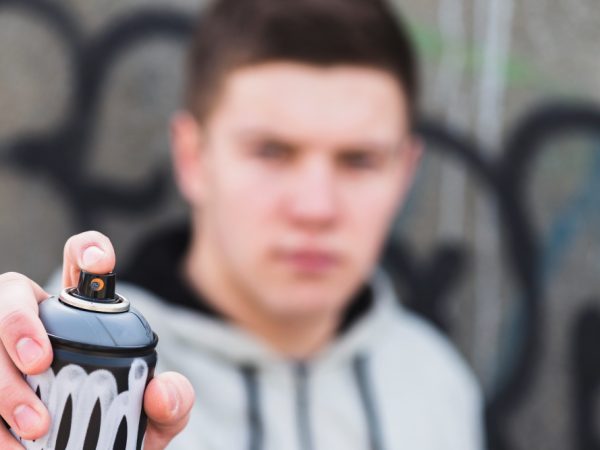Buying a Liquor Store: A Complete Guide to Success

Buying a liquor store can be a lucrative business venture if done right. With steady demand and the ability to cater to a wide range of customers, liquor stores remain one of the most resilient retail businesses. However, purchasing a liquor store involves more than just signing a contract—it requires thorough research, legal compliance, and a strategic plan to ensure success.
In this comprehensive guide, we’ll walk you through everything you need to know about buying a liquor store, including the costs, licensing requirements, and tips for running a profitable operation.
Why Buy a Liquor Store?
Consistent Demand
Alcohol is a product with consistent consumer demand, making liquor stores less prone to economic fluctuations.
Profit Margins
Liquor stores often enjoy healthy profit margins, especially on higher-end products like wines and craft spirits.
Flexibility
You can choose to specialize in certain types of alcohol, expand into related products like cigars or snacks, or even offer delivery services to diversify your revenue streams.
Community Presence
Owning a liquor store allows you to become a local staple, building relationships with regular customers and fostering community engagement.
Steps to Buying a Liquor Store
Research the Market
- Study the local market to understand demand, competition, and demographics.
- Look for areas with high foot traffic, strong residential presence, or proximity to entertainment venues.
Choose the Right Location
- The location can make or break a liquor store business.
- Consider factors like visibility, parking availability, and accessibility.
Review the Financials
- Ask the seller for financial documents, including profit and loss statements, tax returns, and inventory records.
- Analyze sales trends, operational costs, and any outstanding debts.
Secure Financing
- Explore financing options, such as small business loans or SBA loans, to fund your purchase.
- Have a solid business plan ready to present to lenders.
Obtain Necessary Licenses
- Research and apply for the required liquor licenses in your state or region.
- This step is critical, as liquor licenses are often subject to strict regulations and can be costly to obtain.
Negotiate the Purchase Agreement
- Work with a lawyer or business broker to draft a purchase agreement that includes:
- Sale price.
- Included inventory and equipment.
- Terms of the transaction.
Inspect the Premises
- Conduct a thorough inspection of the store, including equipment, security systems, and storage facilities.
- Ensure compliance with local health and safety codes.
Transition Ownership
- Plan for a smooth transition by training with the previous owner or retaining key employees who know the business operations.
Costs of Buying a Liquor Store
Purchase Price
- The cost of buying a liquor store varies widely based on location, size, and profitability, ranging from $50,000 to $1 million or more.
Inventory Costs
- Liquor inventory can cost anywhere from $50,000 to $200,000, depending on the size and product range of the store.
Licensing Fees
- Liquor licenses are often one of the most expensive aspects, costing between $10,000 and $400,000, depending on your location and type of license.
Operational Expenses
- Budget for rent, utilities, employee wages, and insurance, which can total $5,000 to $15,000 per month.
Legal and Closing Costs
- Include costs for attorneys, accountants, and brokers, which can range from $5,000 to $20,000.
Legal Requirements for Buying a Liquor Store
Liquor Licenses
Each state has specific licensing requirements for selling alcohol. You’ll need to:
- Transfer the existing liquor license or apply for a new one.
- Comply with local zoning laws regarding alcohol sales.
Business Permits
- Register your business and obtain necessary permits for operating a retail store.
Health and Safety Compliance
- Meet health and safety regulations, including proper storage and security of alcohol products.
Tips for Running a Profitable Liquor Store
Understand Your Customer Base
- Stock products that cater to your local clientele, whether it’s budget-friendly options or premium craft spirits.
Diversify Your Inventory
- Offer related items like mixers, glassware, snacks, and gift sets to increase sales.
Invest in Marketing
- Use social media, loyalty programs, and local events to attract customers and build a loyal following.
Stay Compliant
- Regularly review and renew licenses and permits to avoid legal issues.
Monitor Trends
- Keep up with industry trends, such as the growing popularity of craft beers, ready-to-drink cocktails, and non-alcoholic options.
Conclusion
Buying a liquor store can be a profitable and rewarding business venture, but it requires careful planning, market research, and compliance with legal regulations. From securing financing to understanding customer preferences, every step is crucial to ensuring your success.
With consistent demand for alcohol and opportunities to diversify revenue streams, owning a liquor store is a solid investment for those willing to put in the effort.
Ready to make your move? Start your journey toward owning a successful liquor store today!
FAQs
1. How much does it cost to buy a liquor store?
The cost varies widely, but you can expect to pay anywhere from $50,000 to over $1 million, depending on the location, size, and profitability of the store.
2. Do I need a liquor license to buy a liquor store?
Yes, a liquor license is mandatory. You’ll either need to transfer the existing license or apply for a new one, depending on your state’s regulations.
3. What are the risks of buying a liquor store?
Risks include fluctuating alcohol laws, competition from larger retailers, and managing inventory efficiently.
4. How can I make a liquor store profitable?
Profitability comes from understanding your market, managing inventory, offering competitive prices, and investing in marketing.
5. Is owning a liquor store a good investment?
Yes, liquor stores are often resilient to economic downturns due to consistent consumer demand, making them a potentially lucrative investment.
Also read: How Much Does It Cost to Hire a Recruiter? A Complete Breakdown











